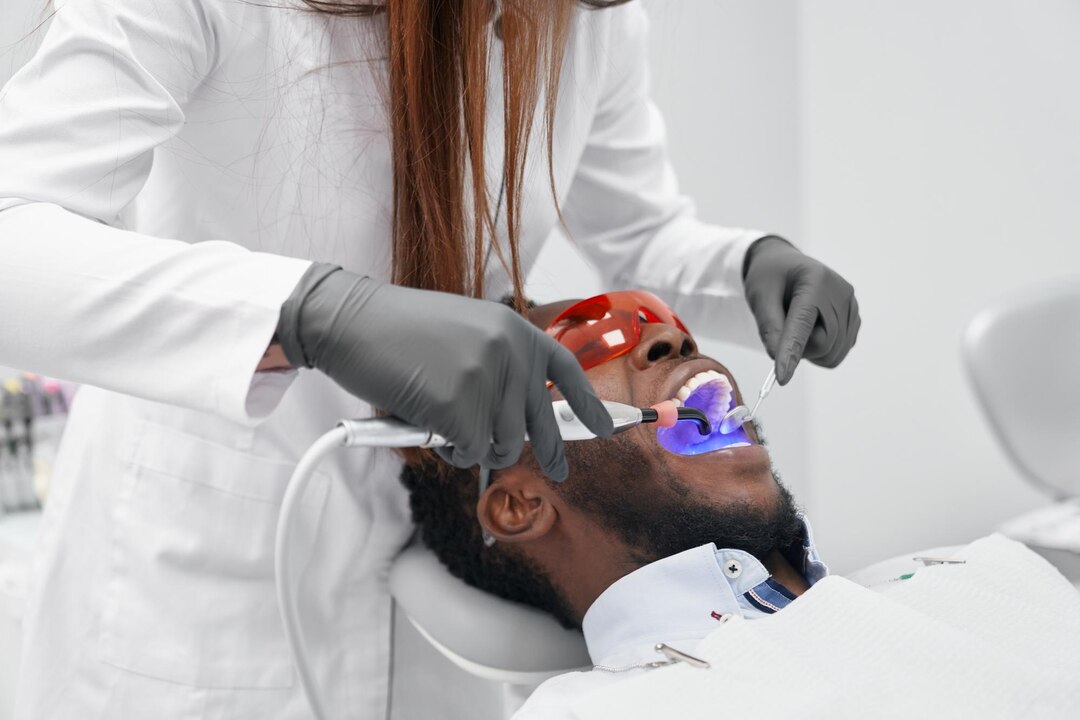A bright, white smile is often associated with confidence and vitality, leading many people to seek out teeth whitening solutions to enhance their appearance. However, navigating the world of teeth whitening can be overwhelming, with countless products and methods claiming to deliver dazzling results. In this comprehensive guide, we’ll debunk common myths surrounding teeth whitening and explore safe, effective methods for achieving a radiant smile.
Myth: Teeth Whitening Damages Tooth Enamel
One of the most prevalent myths about teeth whitening is that it damages tooth enamel. While some over-the-counter whitening products may contain abrasive ingredients that can potentially harm enamel with prolonged use, professional whitening treatments administered by dentists are safe and pose minimal risk to enamel when used as directed.
Fact: Professional Teeth Whitening is Safe and Effective
Professional teeth whitening treatments performed by dentists utilize highly concentrated bleaching agents that are carefully applied to the teeth to break down stains and discoloration. These treatments are safe, effective, and can significantly brighten your smile in just one session.
Myth: Natural Remedies Are as Effective as Professional Treatments
While natural remedies such as baking soda, hydrogen peroxide, and activated charcoal may have mild whitening effects, they are not as effective as professional treatments. These remedies may remove surface stains but are unlikely to penetrate deep into the enamel to address intrinsic discoloration.
Fact: Over-the-Counter Products Can Yield Noticeable Results
Over-the-counter whitening products such as whitening toothpaste, strips, and trays can yield noticeable results when used consistently over time. While these products may not be as potent as professional treatments, they can still help brighten your smile and maintain results between professional whitening sessions.
Myth: Teeth Whitening Causes Sensitivity
Another common misconception is that teeth whitening causes sensitivity. While it’s true that some people may experience temporary sensitivity during or after whitening treatments, it is usually mild and subsides quickly. Dentists can provide desensitizing agents or recommend toothpaste formulated for sensitive teeth to alleviate discomfort.
Fact: Customized Treatments Minimize Sensitivity
Dentists can customize teeth whitening treatments to minimize sensitivity and ensure optimal results. This may include using lower concentrations of bleaching agents, applying desensitizing agents, or providing at-home treatments with custom-fitted trays designed to reduce gum irritation.
Myth: Once Whitened, Teeth Stay White Forever
Contrary to popular belief, teeth whitening is not permanent. Over time, teeth can become stained and discolored again due to factors such as aging, consumption of staining foods and beverages, smoking, and poor oral hygiene habits. Regular touch-ups and maintenance are necessary to prolong the results of teeth whitening treatments.
Fact: Lifestyle Choices Affect Whitening Results
Maintaining a healthy lifestyle and practicing good oral hygiene habits can help prolong the results of teeth whitening treatments. Avoiding smoking, limiting consumption of staining foods and beverages (such as coffee, tea, and red wine), and practicing regular brushing, flossing, and dental check-ups can help keep your smile bright and beautiful.
In conclusion, teeth whitening is a safe, effective way to enhance your smile and boost your confidence. By debunking common myths and understanding the facts about teeth whitening, you can make informed decisions about the best whitening methods for your individual needs. Whether you opt for professional treatments or over-the-counter products, maintaining good oral hygiene habits and avoiding lifestyle factors that contribute to staining can help you achieve and maintain a radiant smile for years to come.








